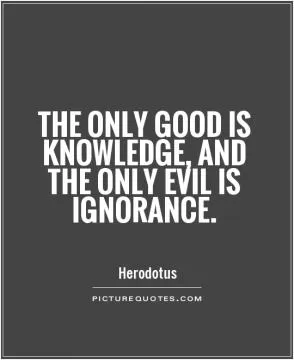The destiny of man is in his own soul

The destiny of man is in his own soul
In the writings of Herodotus, the idea that "the destiny of man is in his own soul" is a recurring theme that reflects the ancient Greek belief in the power of individual agency and self-determination. Herodotus, often referred to as the "Father of History," was a historian who lived in the 5th century BC and is best known for his work "The Histories," which chronicles the Greco-Persian Wars and provides valuable insights into the cultures and societies of the ancient world.Throughout his work, Herodotus emphasizes the importance of human choices and actions in shaping the course of history. He believed that individuals have the power to determine their own destinies through their thoughts, beliefs, and actions. This idea is encapsulated in the famous quote, "The destiny of man is in his own soul," which suggests that one's fate is ultimately determined by the inner workings of their own mind and spirit.
Herodotus believed that the soul, or psyche, was the seat of human consciousness and the source of individual identity. He saw the soul as a powerful force that could guide and influence a person's decisions and behaviors. According to Herodotus, it is through the cultivation of the soul that individuals can achieve greatness and fulfill their potential.












 Friendship Quotes
Friendship Quotes Love Quotes
Love Quotes Life Quotes
Life Quotes Funny Quotes
Funny Quotes Motivational Quotes
Motivational Quotes Inspirational Quotes
Inspirational Quotes